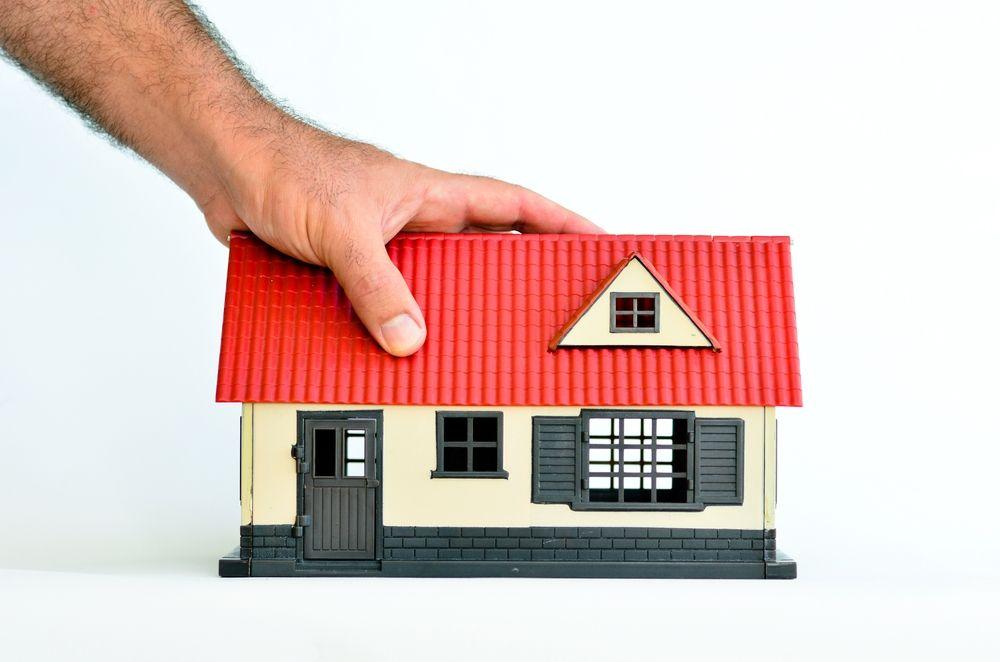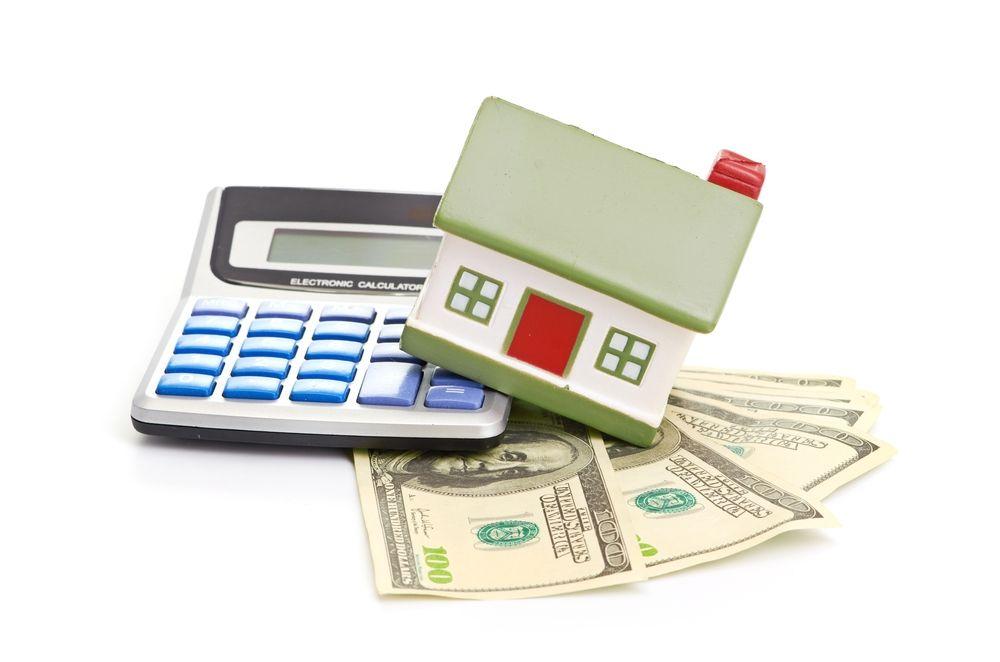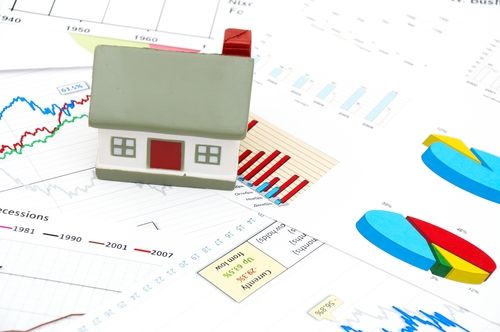There is a lot to consider before deciding whether you want to buy a home with cash, rather than through obtaining a mortgage. While there are some considerable advantages, having enough money to make a cash transaction does not necessarily mean you should do it. If buying a home with cash leaves you with few liquid assets, for example, you probably want to stick with a mortgage. If, on the other hand, you have enough cash to maintain liquid financial security and purchase a home in cash, you could end up saving money and alleviating a lot of stress by doing so.
When using cash is a bad idea
Don't use cash to purchase a home unless you'll still have enough leftover to live comfortably and deal with any unexpected situations. According to Time, your main objective when it comes to handling your cash should be building up an emergency savings account, preparing for retirement and paying off other debt. This is especially true in today's housing market. Because mortgage rates are so low there is really no reason to use cash if it will compromise your supply of liquid assets.
"You don't want to get into a situation where you are forced to sell the house or other investments at the worst time possible," Neil Krishnaswamy, a certified financial planner with Exencial Wealth Advisors in Plano, Texas, explained in Time.
Advantages to purchasing a home in cash
If you have set aside enough cash for retirement, emergencies and debt and are still in a position to purchase a house sans mortgage, there are many benefits to doing so. For one, it may make it easier for you to make a deal with a seller. Insurance marketplace Trusted Choice explained that buyers who make cash offers are appealing to sellers because there is less red tape to push through regarding loan approvals. In a competitive housing market, a cash offer could really help you stand out, and it could even make the seller more willing to bargain with you on price.
Trusted Choice also said that when you pay in cash, it takes only about a week to close a deal, whereas a deal involving a mortgage could take a month or more to close.
Paying for a house in cash will also help you save big on closing costs. Most closing costs are related to the mortgage in some way and include expenses like mortgage application fees, loan appraisal fees, underwriting fees and more. When you pay in cash you eliminate all of these fees, which the San Francisco Chronicle said can add up to between 3 and 4 percent of the price of the home. The Chronicle also highlighted the security you have when you own your home outright. If for any reason you stop earning an income, you will not have to worry about making any mortgage payments.
Another advantage from Trusted Choice: increased ease when it comes to obtaining a home equity loan. The amount you are allowed to borrow on a home equity loan is directly related to how much of the home belongs to you. If you want a home equity loan and have already purchased the home in full, you'll have access to a loan worth 80 percent of the home's value. If your home inspection has revealed some issues you know you'll need to tackle, having this access might really help you finance a home repair.
Then comes the obvious advantage: no mortgage payments and no interest rates. Interest rates can really add up over time, and not having to pay them puts a lot of money back in your pocket.
One of the biggest advantages to purchasing a home is peace of mind. There is something very freeing about not being tied to a bank or other lender and having complete agency over your own property. Not having that monthly mortgage payment hanging over your head could simply be a good choice for your own mental health.
Disadvantages to purchasing a home in cash
When you purchase a home in cash - even if you are entirely in a position to afford it - there are a few things you lose out on. For one, interest on a mortgage is tax deductible, so not having any means you may miss out on saving a substantial amount of money.
In addition, you may be able to make more money by investing that cash somewhere else. According to Time, it is possible that investing your cash in stocks and bonds will earn you more money than you'd save from not having a mortgage. Consider consulting a financial professional to determine if you are better off investing your cash in something other than a home.
Trusted Choice added that owning your own home outright may make it more difficult to pay property taxes. With a mortgage, the company collects extra money every month and sets it aside for taxes. If you don't have a mortgage, you will be responsible for setting that money aside on your own and getting your tax payments in on time.
So how do you decide what to do?
Now you understand the pros and cons of using cash to buy a home, but how do you make the decision? Buying a home is probably one of the largest financial investments you will make in your life, and you want to make sure you are being responsible. Realtor.com suggested laying out your future financial plans to determine whether cash or a mortgage is right for you.
Ask yourself whether you will need that cash in the future. Are your children headed off to college soon? Will paying in cash affect your ability to qualify for a different loan you may want somewhere down the line? Does paying for a house in cash help move you closer to or further away from your overall financial goals? How will owning your home make you feel? How will being required to pay money to the bank every month make you feel?
These are all important questions to ask yourself before making that leap into homeownership.
Get the Latest Insights!
Sign up to stay up to date with latest tips, trends and updates from WIN.












